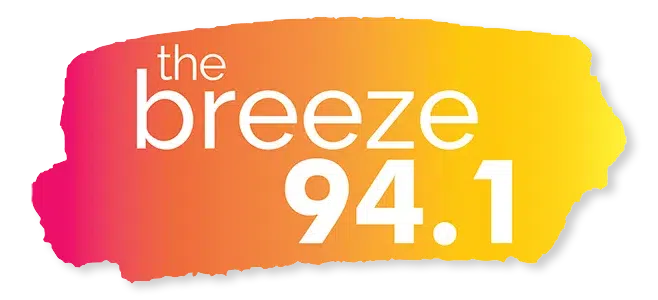Due to the hot, dry conditions we’ve seen, there is a ban on open fires across the entire province. The ban was put in place Wednesday through a proclamation under the Forests Act. The fine for violating the ban is $25,000. The ban will remain in place until October 15th, end of wildfire season, or until conditions improve.
The ban applies to open fires such as campfires, bonfires, brush fires, and any other fire that is not enclosed and uses wood as the fuel. Unlike gas or charcoal fires, sparks could escape from an open wood fire and cause a wildfire.
–
–
The Town of Stellarton is in Stage 2 of its Water Contingency Plan – Alternate Day Water Use.
Under the restrictions, on even calendar days (such as 2nd, 4th, 6th) even number addresses are allowed from 6am to 11am and from 7pm to midnight, watering of lawns, plants, flowers; filling or topping of pools; and washing of vehicles.
Odd number addresses are allowed to do the same on odd calendar days.
The conservation order will remain in place until water levels of the East River return to normal.
The Bank of Canada says continuing U-S tariff uncertainty forced the Bank to hold its benchmark interest rate steady at 2.75 per cent for a third straight time on Wednesday. The central bank says the Canadian economy is showing some resilience in the face of Washington’s levies and that the economy could rebound through the rest of the year. However, governor Tiff Macklem says U-S tariffs are putting Canadian economic growth on a “permanently lower path.”
Prime Minister Mark Carney is hinting that Canada’s trade negotiations with the United States might not conclude by Donald Trump’s August 1st deadline.
Carney said talks are covering “a broad variety of topics,” and have been complex, comprehensive, and constructive.
He says there is a lot of ground to cover, like defence spending, security spending, and investments.
Trump previously sent a letter to Carney threatening to impose 35 per cent tariffs if Canada doesn’t make a trade deal by Friday.
The federal government says it is committed to working with Mi’kmaq First Nations in Nova Scotia to improve the income assistance program.
However, Ottawa has yet to provide details on the progress of negotiations.
The comments from the federal government are in response to criticism that there’s a gap of more than 25 million-dollars a year between what First Nations people on reserve receive from Ottawa and what they would get from Nova Scotia if they lived off reserve.
A group that represents 12 of 13 Mi’kmaq First Nations in Nova Scotia says some people living on reserve who rely on income assistance from Ottawa are being kept in deep poverty.











Comments